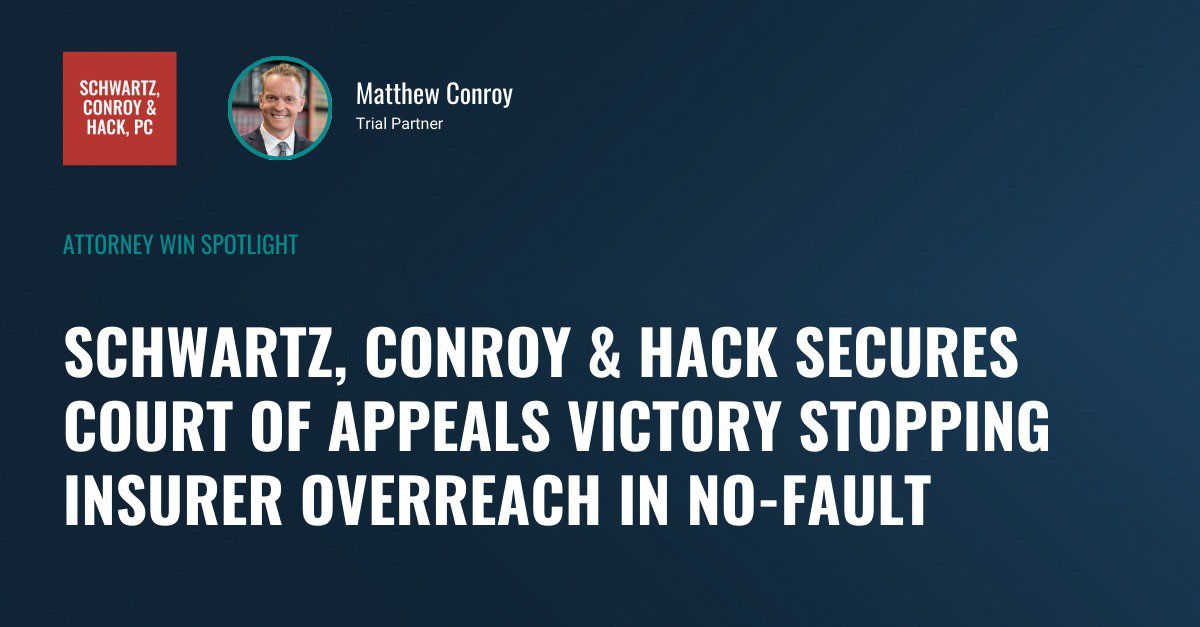{5:40 minutes to read} Insurance is synonymous with protection. As individuals or in our roles in organizations, we trust insurance companies to protect our interests in the event of a liability claim.
Insurance companies are supposed to treat their policy holder’s interests as they do their own. When an insurance company does not do so and leaves you exposed and damaged, you may have a claim against them; This is known as a third-party bad faith claim.
What is a third-party bad faith claim?
In New York State, third-party bad faith is when an insurance company refuses to settle a liability claim pending against the policyholder within the limits of the policy. As a result, a judgment is entered against the policyholder that’s well in excess of the policy’s coverage.
For example, a policyholder has automobile indemnity coverage of $250,000. Unfortunately, the policyholder is the faulty party in an accident and has badly hurt someone whose injuries are valued to be $1.5 million. In this hypothetical case, despite the insurance company’s opportunity to settle within the $250,000 limit, the company refuses. As a result, the case goes to trial. Ultimately, the policyholder loses the case, and a verdict is entered against the policyholder for $1.5 million. At this point, the insurance company pays the $250,000 and leaves its insured stuck with a judgment for the rest—in this case, $1,250,000.
Third-party bad faith scenarios don’t happen often. When they do, they are devastating and costly.
Third-Party Bad Faith and Settlement Control
Ordinarily, when a policyholder is sued by somebody, the insurance company assigns a defense lawyer, in addition to covering up to a certain dollar amount (the indemnity limit) per the contract. This lawyer will be the policy holder’s lawyer, providing advice with regard to the risk of the particular liability.
According to most policies, however, the insurance company totally controls the right to settle; the policyholder has no rights and cannot negotiate with the plaintiff. When the insurance company refuses to settle, and the insured can’t force them to do so, resulting in a judgment not covered by the insurance policy, the injured insured might be entitled to bring a claim against the insurance company for third-party bad faith.
How Do I Know If I Have a Third-Party Bad Faith Claim?
It is important to consult with an attorney to discuss a potential third-party bad faith claim. Your situation may qualify if the following elements have occurred during the course of your case:
- Liability is reasonably clear—it is your fault.
- The damages that the plaintiff has suffered as a result are valued well in excess of the limits of your policy.
- The insurance company has had an adequate opportunity to investigate the claim.
- The insurance company has had an actual opportunity to settle within the limits of the policy, and that opportunity was open for a reasonable period of time.
The insurance company is entitled to a sufficient opportunity to make a determination whether they want to offer your policy limits. More specifically, this last point means that the plaintiff’s lawyer has told your insurance company that they will settle within policy limits, and he has not put an unfair or overly restrictive time limit on that opportunity.
Victimized by Third-Party Bad Faith? Take Action!
If you are a victim of a third-party bad faith claim, it is imperative to seek help from an attorney. In some instances, your attorney can assist you in making a deal with the plaintiff to pursue monies directly from the insurance company and avoid further liability.
In all potential third-party bad faith claims, there is a tremendous amount of pre-lawsuit investigative work that needs to be accomplished by your attorney in order to determine whether the elements of a third-party bad faith claim have been met. This includes interviews with you, the plaintiff’s lawyer, and the defense lawyer that was hired for you by the insurance company.
Third-party bad faith claims are challenging cases. An attorney’s assistance with the investigative aspect of your claim is critical. Has your insurance company treated your interests as if they were their own? If not, what is your recourse?
Evan S. Schwartz
Founder of Schwartz, Conroy & Hack
833-824-5350
[email protected]


